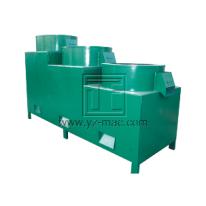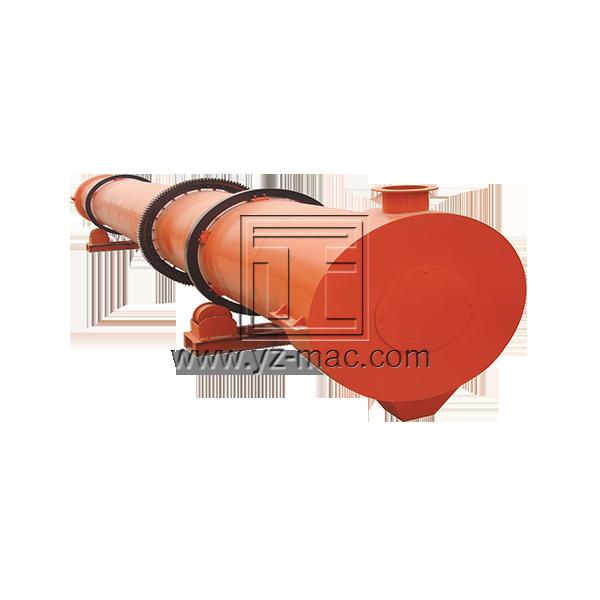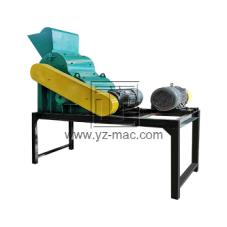Fully automatic composting machine
A fully automatic composting machine is a revolutionary solution that simplifies and accelerates the composting process. This advanced equipment is designed to handle organic waste efficiently, utilizing automated processes to ensure optimal decomposition and high-quality compost production.
Benefits of a Fully Automatic Composting Machine:
Time and Labor Savings: Fully automatic composting machines eliminate the need for manual turning or monitoring of compost piles. The automated processes, including mixing, aeration, and temperature control, significantly reduce the time and labor required for composting.
Enhanced Efficiency: These machines optimize the composting process by maintaining ideal conditions for microbial activity. Automated mixing and aeration ensure proper oxygenation, moisture distribution, and temperature control, resulting in faster decomposition and more efficient compost production.
Consistent and High-Quality Compost: With precise control over essential parameters, such as moisture and temperature, fully automatic composting machines create an environment that promotes the growth of beneficial microorganisms. This leads to consistent and high-quality compost, rich in nutrients and beneficial microorganisms, which can be used for various applications.
Odor and Pest Control: The enclosed design of fully automatic composting machines helps contain odors and prevents pests from accessing the composting material. This ensures a clean and odor-free composting process, making it suitable for urban or residential settings where odor control is crucial.
Working Principle of a Fully Automatic Composting Machine:
Fully automatic composting machines incorporate a range of advanced technologies and features to optimize the composting process. These may include:
Automated Mixing: The machine utilizes mixing mechanisms, such as rotating drums or augers, to ensure thorough blending of organic waste materials. This promotes even distribution of nutrients and microorganisms throughout the composting material.
Aeration System: Built-in aeration systems provide consistent airflow within the composting chamber, facilitating oxygen supply to the microorganisms responsible for decomposition. This prevents anaerobic conditions and foul odors, promoting aerobic composting.
Temperature Control: Integrated sensors and control systems monitor and regulate the internal temperature of the composting machine. This ensures that the composting material remains within the optimal temperature range for microbial activity, accelerating decomposition.
Moisture Management: Automated irrigation or misting systems control the moisture content of the composting material. Maintaining the right moisture level promotes microbial activity and prevents the compost from becoming too dry or saturated.
Applications of Fully Automatic Composting Machines:
Municipal Solid Waste Management: Fully automatic composting machines are valuable in municipal solid waste management systems. They efficiently process organic waste, reducing the volume and diverting it from landfills. The resulting compost can be used for landscaping, soil improvement, or sold as a valuable product.
Commercial and Industrial Facilities: These composting machines are suitable for large-scale organic waste management in commercial and industrial facilities, such as hotels, restaurants, food processing plants, and agricultural operations. They streamline waste processing, reduce disposal costs, and provide a sustainable solution for managing organic waste.
Agricultural and Farming Operations: These machines are utilized in agricultural and farming operations to manage crop residues, animal waste, and other agricultural byproducts. The automated processes ensure efficient decomposition, providing nutrient-rich compost for soil enrichment and crop cultivation.
Fully automatic composting machines revolutionize the organic waste processing industry by streamlining the composting process and enhancing efficiency. These machines offer time and labor savings, consistent compost quality, and effective odor and pest control. With their automated mixing, aeration, temperature control, and moisture management systems, they optimize the composting conditions for faster decomposition and nutrient-rich compost production.







